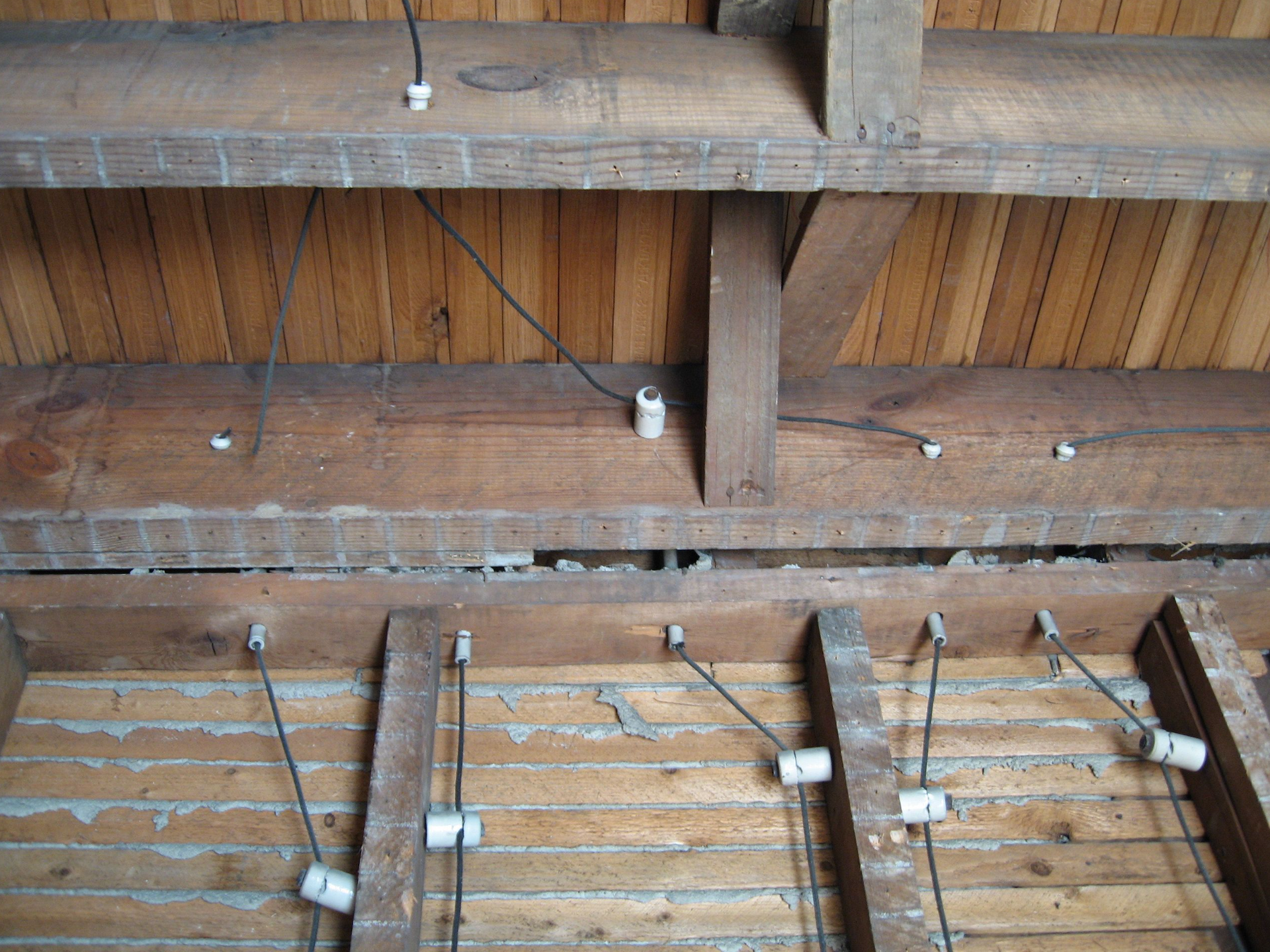Behind the Cost: Understanding Why Contractors Charge What They Do
When it comes to home improvement or construction projects, the cost of hiring a contractor can sometimes raise eyebrows. While it may seem like a significant investment, understanding the factors that contribute to the pricing structure can shed light on the true value contractors bring to the table. In this blog post, we'll delve into the reasons why contractors cost as much as they do and why these expenses are justified.

Professional Expertise:
- Contractors are seasoned professionals with specialized knowledge in their field. Years of experience and training enable them to tackle projects efficiently, ensuring quality workmanship and adherence to industry standards. The value of their expertise is reflected in the overall cost.
Licensing and Certification: - Obtaining and maintaining proper licensing and certifications is a costly and time-consuming process for contractors. These credentials not only demonstrate their commitment to professionalism but also contribute to the trustworthiness and reliability of their services.
Insurance Costs: - Contractors carry various types of insurance, including liability insurance and workers' compensation, to protect both themselves and their clients. These insurance policies contribute to the overall cost but provide essential coverage in the event of unforeseen accidents or damages.
Quality Materials and Tools: - Using high-quality materials and specialized tools is a hallmark of professional contractors. While these may come at a higher upfront cost, they ensure durability, longevity, and a finished product that meets or exceeds industry standards.
Labor and Skilled Workforce: - The cost of labor is a significant factor in any construction project. Contractors employ skilled workers who command fair wages for their expertise. Investing in a skilled workforce guarantees a level of craftsmanship that sets professional projects apart.
Project Planning and Management: - Contractors are responsible for comprehensive project planning and management. This includes obtaining necessary permits, coordinating subcontractors, and overseeing the project timeline. This level of organization ensures a smooth and efficient construction process but adds to the overall cost.
Overhead and Business Expenses: - Running a contracting business involves various overhead costs, such as office space, utilities, administrative staff, and marketing. These expenses contribute to the overall cost but are necessary for a contractor to operate a reputable and sustainable business.
Compliance with Building Codes: - Professional contractors are well-versed in local building codes and regulations. Ensuring that a project complies with these codes requires careful planning, documentation, and sometimes adjustments, all of which contribute to the overall cost.
Accountability and Warranty: - Reputable contractors stand by their work, offering warranties on both labor and materials. This accountability ensures that clients have peace of mind and adds an extra layer of quality assurance, justifying the investment.
Time and Efficiency:
Professional contractors prioritize efficiency without compromising quality. The cost reflects not only the time spent on the project but also the streamlined processes and expertise that contribute to timely completion.
Conclusion:
While the upfront cost of hiring a contractor may seem substantial, it's important to recognize the value and peace of mind that come with professional services. From expert craftsmanship to adherence to regulations, contractors bring a wealth of benefits to any construction or renovation project. Understanding the factors that contribute to their pricing can foster appreciation for the quality, reliability, and accountability that professional contractors deliver.
You might also like
Toolbox Talk



